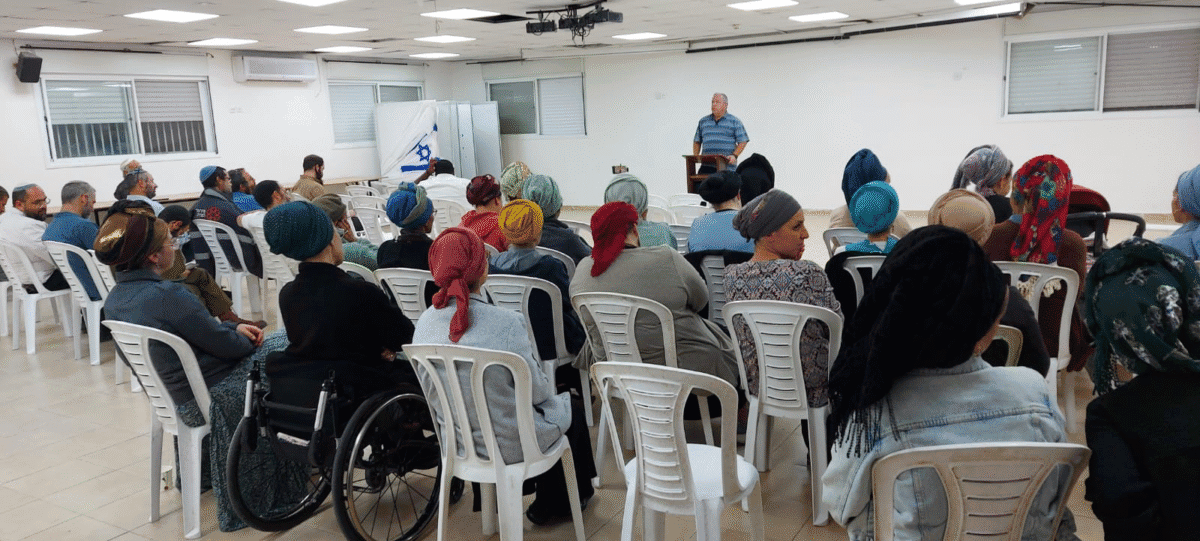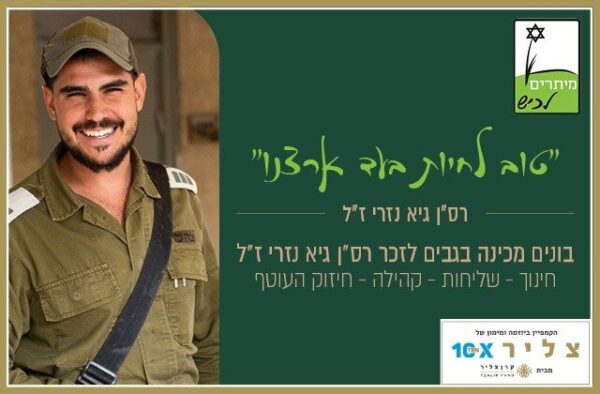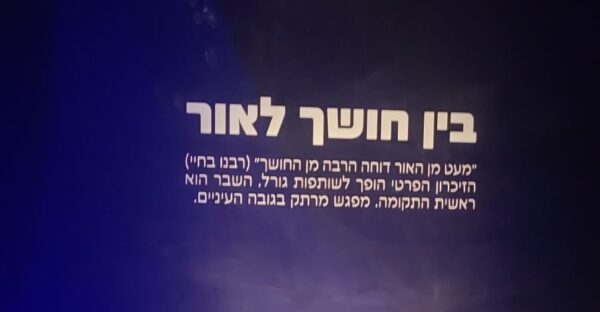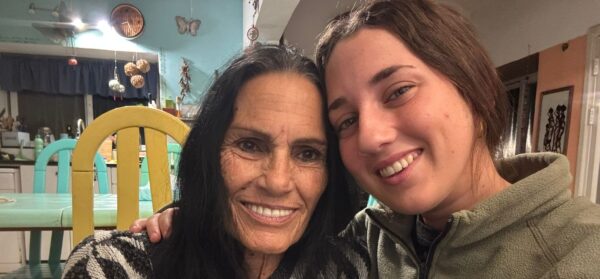In early May 2025, a remarkable event took place on a Sunday evening in Shavei Darom, a religious moshav in the southern district, home to a community of Gush Katif evacuees. For the first time, the issue of personal boundaries and safety was brought to the forefront of public discussion within the community.
Organized in close coordination with the Elul’s Shnat Sherut 50 Plus volunteer team and as part of our ongoing support for the establishment of a new Community Safeguarding Committee, this evening marked a quiet breakthrough.
There were moments of uncertainty – even on the day of the event, there were serious concerns it might be cancelled due to community hesitation. But in the end, it went ahead and the result was extraordinary.
A Full Room, a Shared Experience
Approximately 40 residents gathered in person, with others tuning in via live stream and even more watching a recording afterward. The atmosphere was open, respectful, and deeply moving.
Meir Ze’ev Berkovitz, a Shnat Sherut 50 Plus volunteer and retired senior police officer, led the evening with sensitivity and clarity, bringing years of experience in youth protection and family support into the heart of this close-knit community. His presence and approachability helped create a safe space for dialogue around topics that are often difficult to raise.
Community Impact in Action
This event was more than just an evening of discussion. It was a clear reflection of what the Shnat Sherut 50 Plus program aims to achieve – strengthening social resilience from within by embedding skilled, experienced volunteers directly into the communities that need them most.
The fact that such a conversation could take place in Shavei Darom, where public discourse around boundaries has traditionally been limited, shows the power of patience, presence, and trust. It was also a direct result of months of groundwork and relationship-building by our volunteer team.
Looking Ahead
As the newly formed safeguarding committee begins its work, we are proud to walk alongside the community and provide the professional guidance and support needed to ensure every child and adult feels safer and more heard.
This is what grassroots change looks like.



